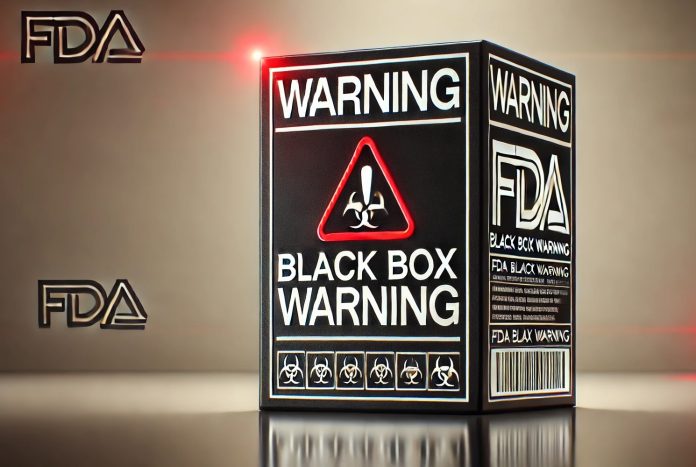WASHINGTON — In a move hailed by some physicians as a long-overdue correction to decades of confusion, the U.S. Food and Drug Administration announced the removal of the “black box” warning from hormone replacement therapy (HRT) medications. The decision, supported by the Trump administration, marks one of the most significant regulatory shifts in women’s health policy in years.
“Today, we are standing up for every woman who has symptoms of menopause and is looking to know her options and receive potentially life-changing treatment,” said Health and Human Services Secretary Robert F. Kennedy Jr. “For more than two decades, bad science and bureaucratic inertia have resulted in women and physicians having an incomplete view of HRT. We are returning to evidence-based medicine and giving women control over their health again.”
About the Black Box
The black box warning—FDA’s most stringent caution—had been in place since the early 2000s, when the Women’s Health Initiative study raised concerns about potential links between hormone therapy and cardiovascular disease or cancer. Critics, however, have long argued that the warning overstated risks for many women and led millions to avoid a treatment proven to relieve menopausal symptoms and protect long-term bone and heart health when properly supervised.
Health and Human Services officials said the change reflects “current medical evidence” showing that HRT can be safe and effective for many women under 60 or within ten years of menopause. “We are committed to ensuring women have access to accurate information and safe treatment options without fear or stigma,” an FDA spokesperson said during a press briefing.
In his Wall Street Journal op-ed, FDA Commissioner Marty Makary wrote, “These labeling revisions signal a meaningful shift toward more nuanced, evidence-based communication of hormone therapy risks—one that prioritizes clinical relevance, distinguishes between different formulations and patient populations, and balances the narrative to reflect both safety and therapeutic value.” He emphasized that the FDA is removing black box warning labels from all hormone therapy products for menopause, noting that recent evidence supports their safety and benefits when prescribed appropriately. Makary also stated, “With the exception of antibiotics and vaccines, there may be no medication in the modern world that can improve the health outcomes of older women on a population level more than hormone therapy.”

caused by the natural decline of these hormones during menopause, such as hot flashes, night sweats, and vaginal dryness. (Source: File photo)
Trumps Take
The Trump administration framed the announcement as part of a broader effort to modernize women’s health regulation. Supporters praised the move as empowering and science-based, while critics warned it could open the door to overprescription if not coupled with patient education.
Dr. Elaine Matthews, a reproductive endocrinologist at Johns Hopkins, called the decision “a victory for evidence-based medicine.” She noted that many patients unnecessarily suffered through avoidable menopausal symptoms because of “outdated and overly broad” warnings. “The data has evolved,” she said. “This is about giving women informed choice.”
HRT advocates expect the update to reshape public understanding of menopause management, encouraging more open conversations about midlife health. For the millions of women navigating menopause each year, the FDA’s action may signal a new era—one where hormone therapy is seen not as dangerous, but as a well-studied, personalized medical option.



